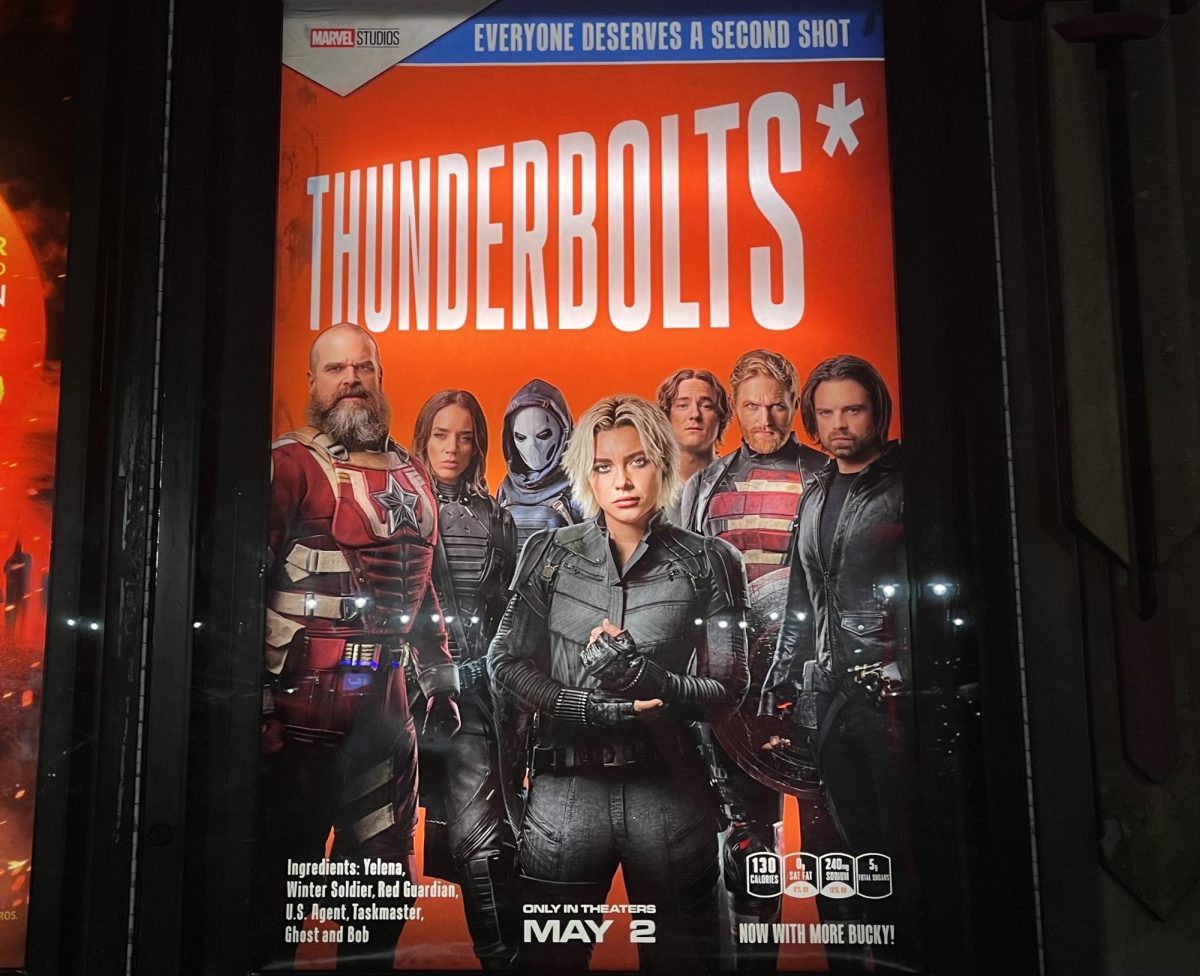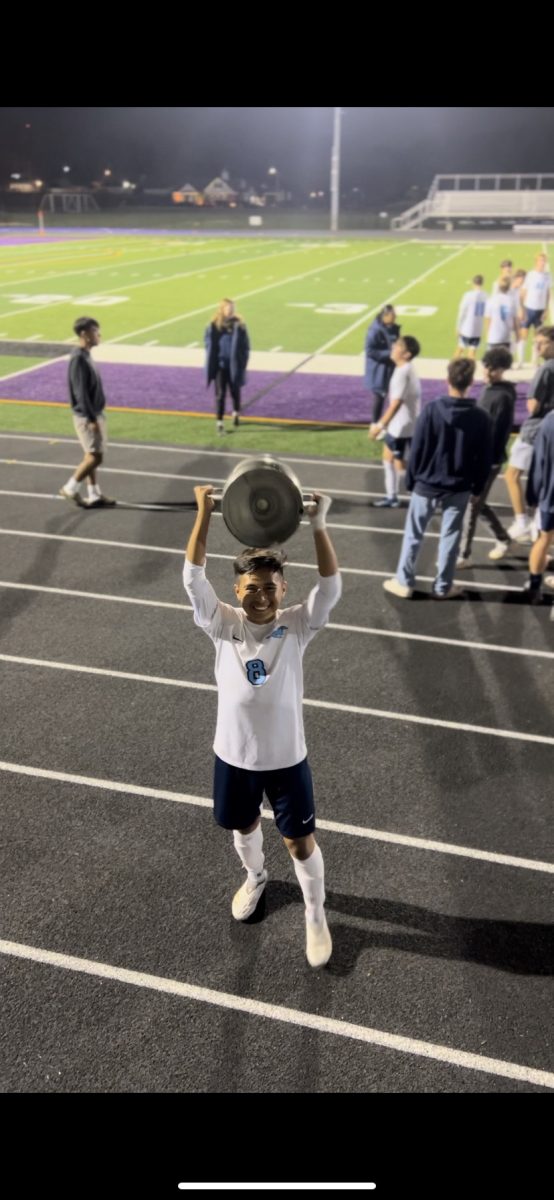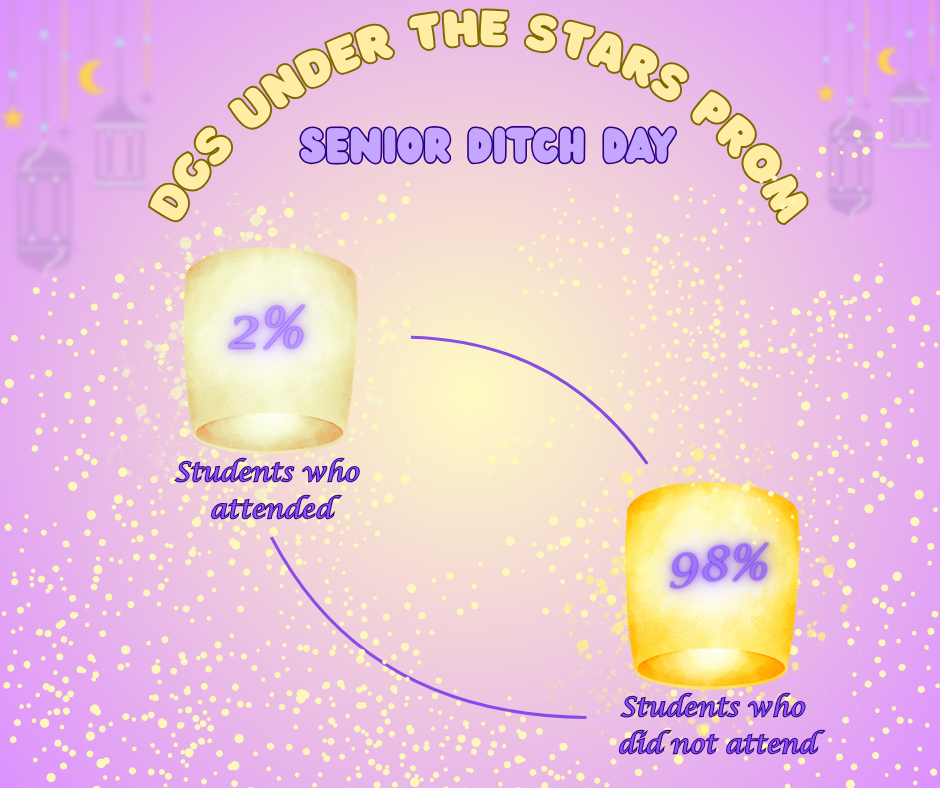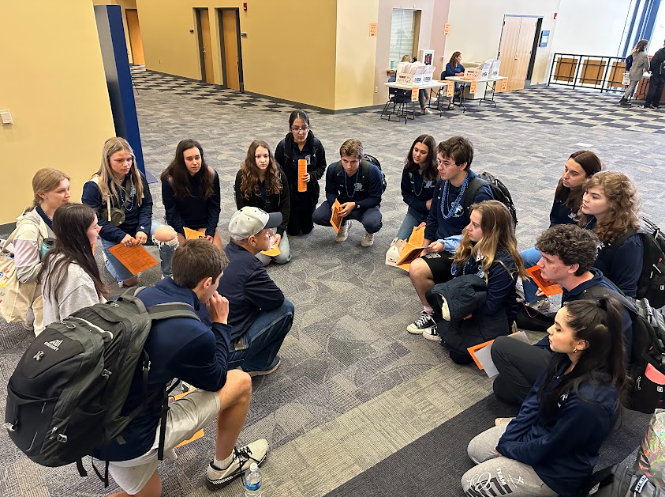
About the Contributors
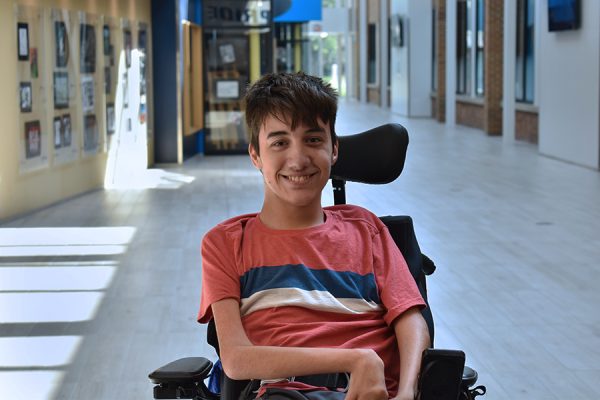
Owen Chaidez, Editor-in-Chief
Senior Owen Chaidez is an Editor-In-Chief for the DGS Blueprint. He is an honors student who is dedicated to bringing awareness to the daily lives and struggles of people with disabilities, as he has a disability called Arthrogryposis Multiplex Congenita.
His journey with journalism began his sophomore year, where he was a member of the Blueprint club writing reviews. From there he became an Entertainment Editor in his junior year, continuing to write about pop culture and the importance of inclusion and representation of those with disabilities.
Outside of school, he is a member of the King’s Scholar program at the Brookfield Zoo, where he gets the opportunity to educate guests about the exhibits and conservation science. He hopes to attend the University of Illinois to eventually become a veterinary radiologist.
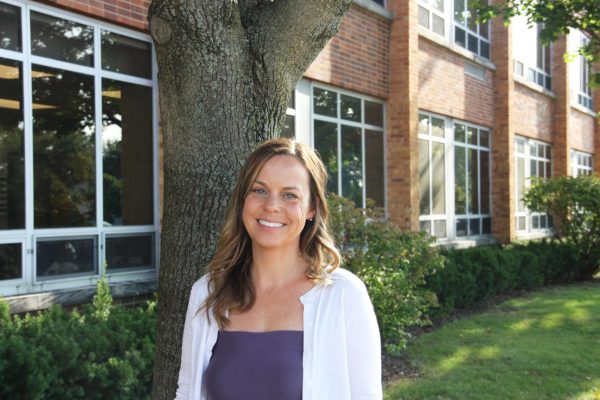
Mary Long, Adviser
Mary Long teaches TV 1, TV 2, Writing for Broadcast, Creative Writing, Journalistic Expression, Advanced Journalistic Writing and Drawing and Painting 1 at DGS. Prior to working at DGS, she taught in Wisconsin for eight years and in Cicero, Il for one year.
Her undergraduate degree is from the University of Iowa where she triple majored in journalism, English and art. While in Iowa City, she wrote for two daily papers. She also has two Masters degrees: one in Teaching from National-Louis University the other is in Journalism from The University of Alabama.
She is married and has two kids and three cats. She enjoys cooking, hanging out with her children, watching bad TV and going to her children’s soccer games.
If you are an adviser looking for journalism help, check out this website.
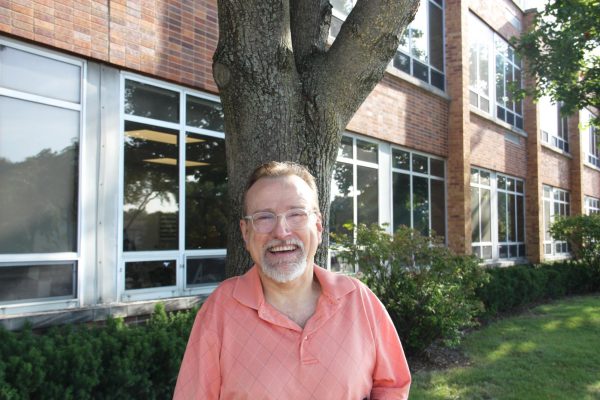
Mark Indreika, Adviser
Mark Indreika has been an English teacher at DGS since 1996. He graduated from DGS in 1984, and he attended Northern Illinois University where he received degrees in English and journalism. He advised The Blueprint, teaching the advanced journalism class for eight years. He is now happy to assist Ms. Long, his former student. He has coached news writing, headline writing, copyediting, and sports writing in the IHSA journalism competition. He looks forward to helping coach the team to victory again this year.









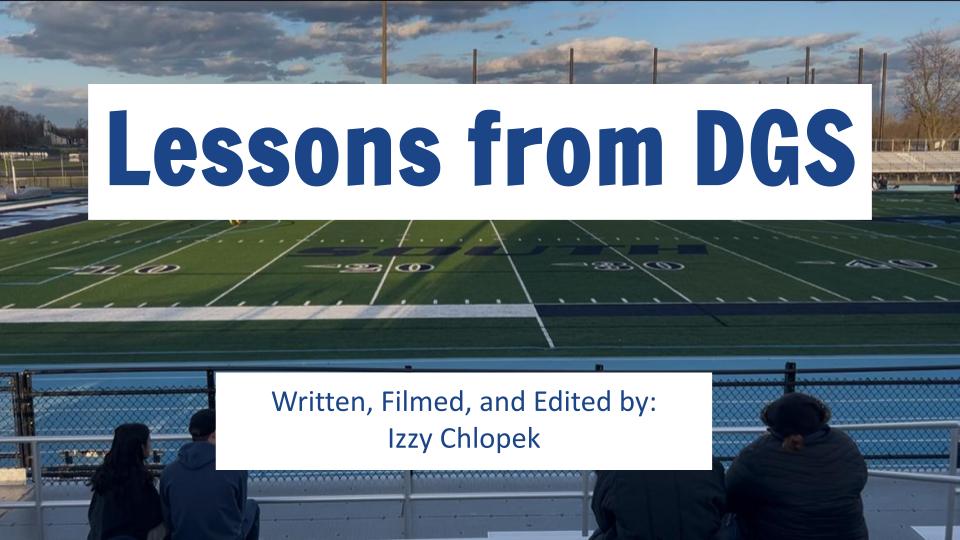

![In this documentary, you will learn how violins are made. All music is in the public domain:
Music Produced by Deutsche Grammophon, Medici TV, Heifetz Institute, and Queen Elisabeth competition
Paganini, Caprice No. 24 [Song recorded by Jasha Heifetz]. Heifetz Institute. (Original work published 1817)
Paganini, Caprice No. 24 [Song recorded by Jasha Heifetz]. Heifetz Institute. (Original work published 1817)
Bartok, Sonata No.1 for Solo Violin [Song recorded by Kevin Zhu]. Queen Elizabeth Competition. (Original work published 1944)
Paganini, Violin Concerto no. 1 [Song recorded by Philippe Hirshhorn]. Queen Elizabeth Competition. (Original work published 1819-1825)](https://southblueprint.com/wp-content/uploads/2025/05/Screenshot-2025-05-07-122429-1200x668.png)




